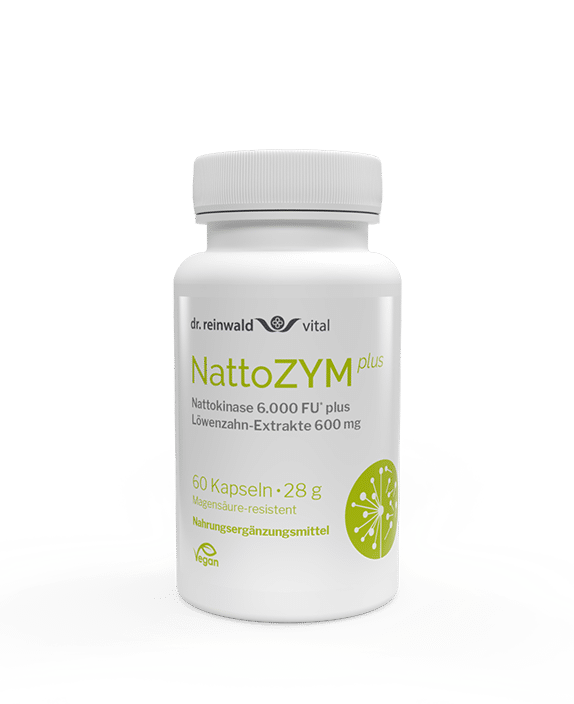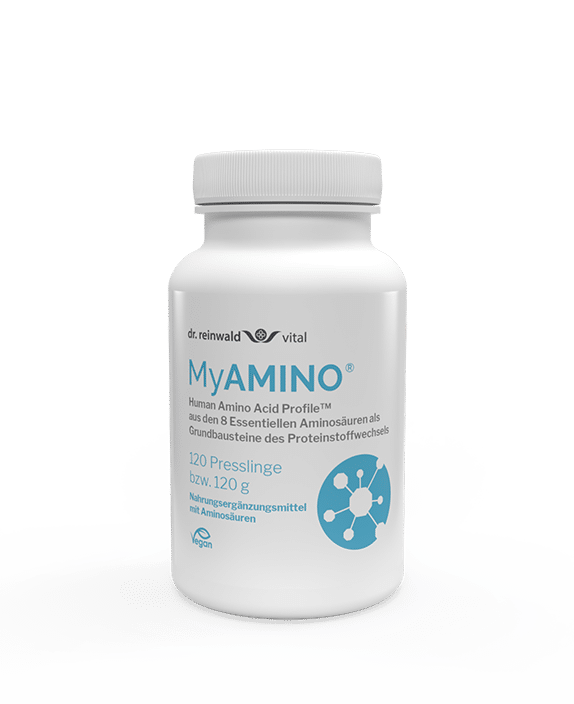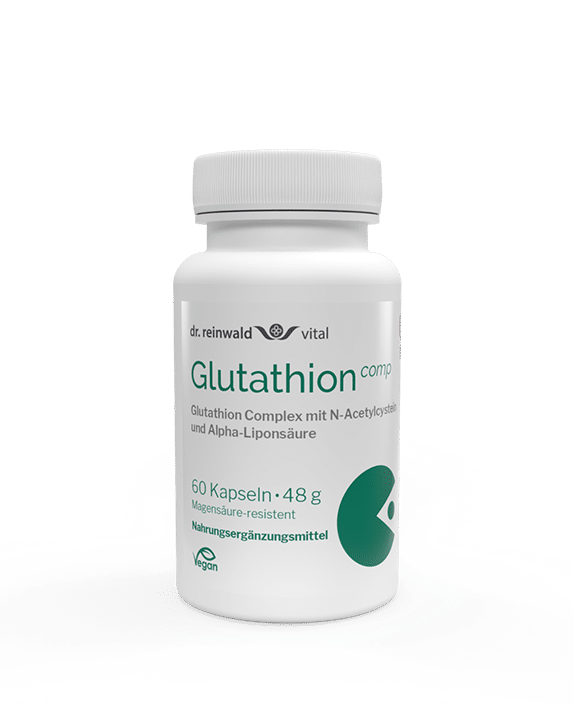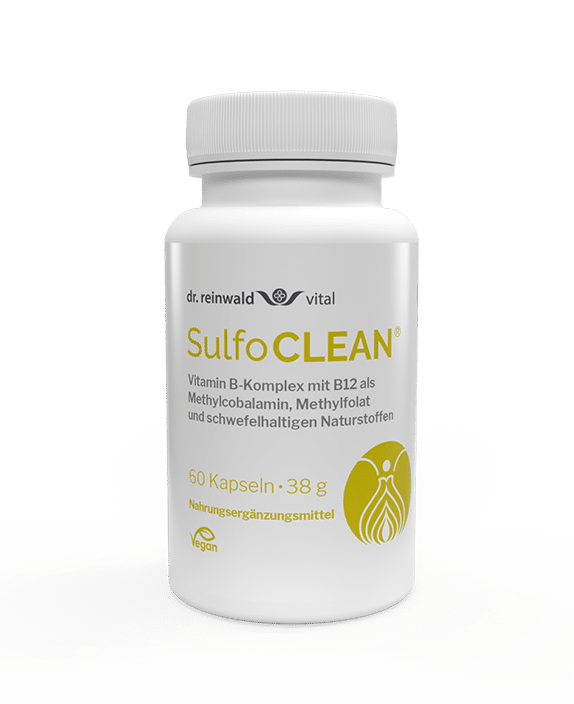Enzymes – sparks for health and well-being
Did you know that without enzymes our body would not be able to absorb vital nutrients such as vitamins and minerals? But enzymes can do much more! They are the ignition sparks in our organism and absolutely indispensable for our health and well-being. Because: Without enzymes, practically nothing works in our body. They control all metabolic processes, and are particularly important for our digestion, the immune system and the blood.
Enzymes in nature and food production
We encounter enzymes everywhere. In nature alone, we can marvel at their production and degradation performance in many places. Enzymes are at work billions of times over and contribute, among other things, to the growth of grass, flowers and other plants or to the leaves falling from the trees in autumn.
People have also been using the power of enzymes for fermentation in food and luxury food production since time immemorial. It is known that the Sumerians brewed beer, baked bread and made cheese as early as 3,000 BC, at that time probably without knowledge of the little helpers Even today, the production of beer, wine and foods such as sauerkraut, blue cheese, fermented vegetables, yoghurt, dairy products, meat or sausage products would not be possible at all without enzymes.
Incidentally, the artificial word enzyme dates back to the end of the 19th century. It is based on the ancient Greek word énzymon, which means something like “sourdough” or “yeast” in German.
Enzymes as biocatalysts
All processes in our body, whether physical or mental, are influenced or made possible in the first place by biochemical reactions of our metabolism. Enzymes are at the centre of these reactions.
Enzymes, mostly proteins, are found in all body cells. Like a spark, they activate and accelerate the biochemical reactions in our body by lowering or raising their activation energy. Enzymes are therefore also called biocatalysts.
Enzymes thus make it possible for many biochemical reactions in our organism to take place at all – and many millions of times faster and more energy-efficient than would be the case without their support. This mechanism shows us once again how intelligently our body is constructed: without enzymes, our organism would need much more energy to initiate all vital biochemical reactions. As biocatalysts, enzymes offer an alternative way of obtaining energy, so to speak, because with their help our organism requires less activation energy for a reaction. And that’s really a great thing!
Enzymes are quite sensitive. Thus, their activity is influenced by certain factors such as body temperature, oxygen content, pH, body electricity or inhibitors such as heavy metals, certain drugs or toxins. Moreover, many enzymes can only unfold their effect when they are activated by one or more so-called cofactors. Cofactors are often vitamins or trace elements.
At the heart of our metabolism
The work of enzymes is by no means limited to selected reactions. No: enzymes are at the heart of our entire metabolism! They are involved in all metabolic processes in our organism, including the breakdown of cellular waste and dead tissue, as well as the elimination or inhibition of so-called “viruses” or virions, which are individual virus particles located outside a cell.
Enzymes play a crucial role in our health and physical, mental and spiritual well-being. All tissues, muscles, bones, organs and cells are controlled by enzymatic processes: the digestive system, our immune system, the body’s own detoxification of the bloodstream, protection against oxidative stress, liver, kidneys, spleen and our pancreas. Also our hearing and vision, our ability to think and concentrate, our emotions and our breathing – the function of every single cell in our body depends on enzymes.
Enzymes in our food
There are enzymes that our body cannot produce on its own. These are mainly found in fruit, vegetables, lettuce and nuts. Exotic fruits like bananas, kiwis, pineapples, papayas and figs are absolute enzyme bombs. But apples, pears, broccoli, avocados, cucumbers, tomatoes and fermented foods also have a high enzyme content. Since most enzymes lose their effect after heating or lose it completely, the food should be eaten fresh and raw if possible.

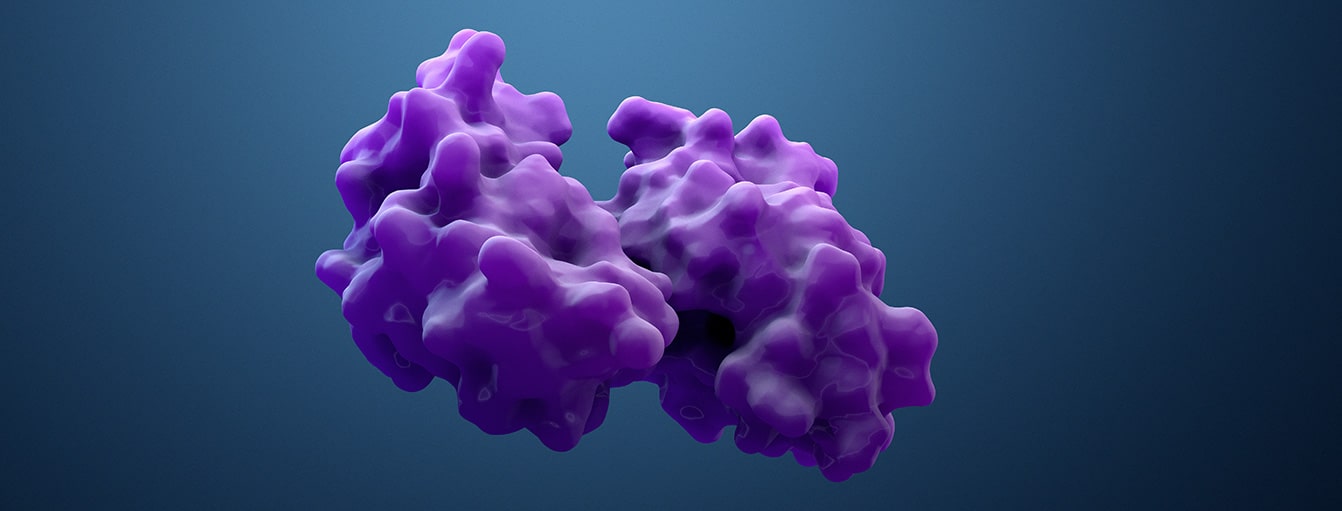
In your cells right now, an enzyme is making
a copy of your dna in less than two hours, right in the nucleus
Hugh Martin
How does an enzyme deficiency develop?
There are thousands of enzymes active in our body. Each of them has its own special task. Probably the best known enzymes are the digestive enzymes. They are responsible for breaking down the components of our food such as proteins, fats, carbohydrates and lactose into smaller building blocks. These building blocks are absorbed into the blood via the mucous membranes and utilised or stored in our metabolism. The most common forms of enzyme deficiency are therefore intolerance to lactose, fructose and histamine.
An enzyme deficiency can have various causes:
- Congenital enzyme deficiency
- Disease of the pancreas
- Unfavourable eating habits such as
- hasty eating and insufficient chewing
-
- Eating too often or too much
- Unbalanced diet or consumption of too few enzyme-containing foods
- Over-acidification (an acidic pH impairs the effectiveness of enzymes)
he body’s own enzyme production also decreases with age
Enzymes need vitamins and minerals to be fully effective. In addition to conscious, mindful eating, we therefore recommend a natural, varied diet with a large proportion of raw foods. Of course, only if you tolerate them well. If you are a meat eater, here is some good news: even a steak cooked medium or rare contains many important enzymes.
If you have a congenital or disease-related enzyme deficiency, you will usually not be able to cover your needs with a healthy diet. The same applies to diseases that result in an increased need for enzymes. In this case, you should talk to your doctor, therapist or alternative practitioner about taking appropriate food supplements.
Enzyme preparations from dr.reinwald vital
Do you have questions about enzymes? Our friendly team of therapists and alternative practitioners will be happy to advise you on the subject of enzymes or our new enzyme products. Call us now or use our chat.
